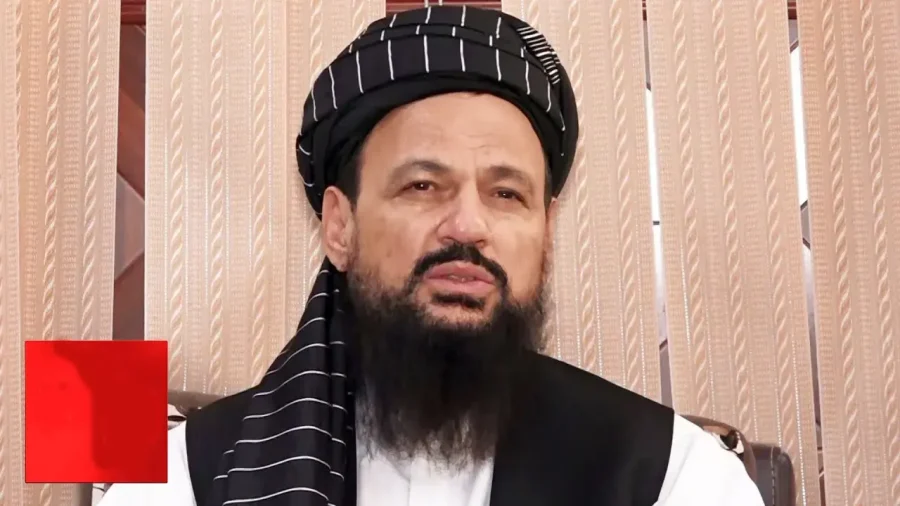The Islamic Emirate said that Afghanistan does not have an agreement with any country in the Amu Darya River basin, and that it is Afghanistan’s right to use water resources.
Abdul Latif Mansour, the acting Minister of Energy and Water (MoEW), said the current Afghan government is prepared to discuss the Amu Darya water issue in order to resolve the worries of neighboring countries.
“Those who express their concerns should do so based on an agreement, but Afghanistan does not have any water-related treaties with anyone here, nor have we ever had any agreements or treaties in this area. In the event that the agreement is violated, we raise our concerns. In the current situation we have no arrangement with anyone in the Amu Darya basin,” Mansour noted.
This comes as three days ago, the President of Uzbekistan, Shavkat Mirziyoyev, voiced concerns over the construction of the Qush Tepa canal, saying that its “commissioning” may fundamentally change the balance of water in Central Asia.
In the meantime, several economists and water management specialists stressed the need to build water dams and utilize water resources in various sections of the nation due to the current drought crisis.
“Afghanistan absolutely has the right to use the water of the Amu River.
And this right has been given to Afghanistan by international conventions, and Afghanistan has between 27 and 30 percent of the water of the Amu river,” said Najibullah Sadid, an expert in water management.
“We anticipated that there may be disputes in the area over water. Because we are the region’s water supply and even if we do not consume that water, it is still seen as the water resource of other nations,” said Sayed Masoud, an economist.










